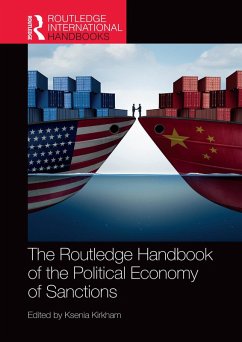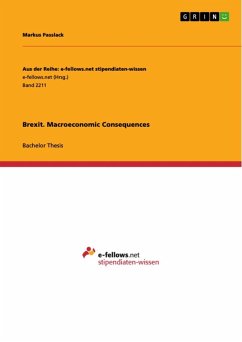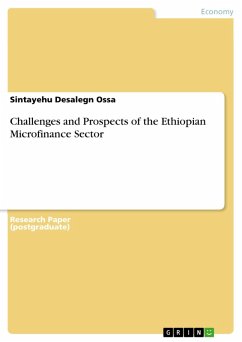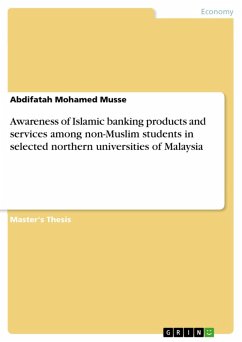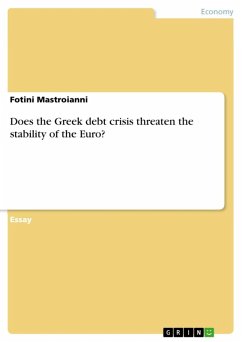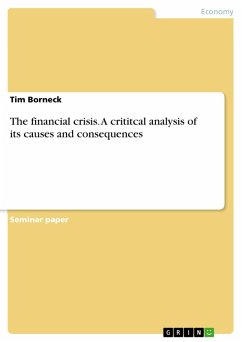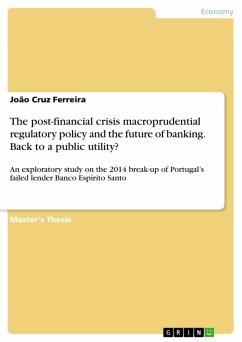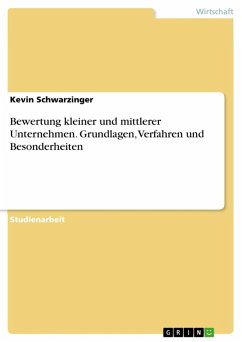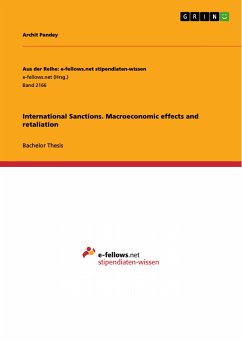
International Sanctions. Macroeconomic effects and retaliation (eBook, ePUB)
Sofort per Download lieferbar
Statt: 42,95 €**
29,99 €
inkl. MwSt. und vom Verlag festgesetzt.
**Preis der gedruckten Ausgabe (Broschiertes Buch)
Weitere Ausgaben:

PAYBACK Punkte
0 °P sammeln!
Bachelor Thesis from the year 2016 in the subject Economics - Finance, grade: 5,0/ A, , language: English, abstract: In various instances, countries, regional organizations, and the United Nations have resorted to the use of sanctions as a foreign policy, as a tool for geopolitics, in order to influence the behavior of targeted states. Numerous researches and analyses have been conducted to observe and understand the effectiveness and impact of sanctions, and subsequently dismissed them as either effective, ineffective, or counterproductive to their intended objectives. This dissertation seeks...
Bachelor Thesis from the year 2016 in the subject Economics - Finance, grade: 5,0/ A, , language: English, abstract: In various instances, countries, regional organizations, and the United Nations have resorted to the use of sanctions as a foreign policy, as a tool for geopolitics, in order to influence the behavior of targeted states. Numerous researches and analyses have been conducted to observe and understand the effectiveness and impact of sanctions, and subsequently dismissed them as either effective, ineffective, or counterproductive to their intended objectives. This dissertation seeks to address the aforementioned question; in particular, whether sanctions remain to be an option as a geopolitical tool to influence the behavior of targeted states? The core of this dissertation consists of three case studies: first, sanctions on Russian Federation (2014-present); sanctions on Iran (1979 - present, 2006, 2012 - 2016); and, US trade embargo on Cuba (1960 - present). These case studies have been analyzed from the structural point of view to understand its specifics, background, and plausible retaliation by the state. Then, the technical results achieved by the sanctions are reviewed, and their weaknesses are highlighted. Lastly, numerous relevant arguments are provided to reinforce the conclusion.
Dieser Download kann aus rechtlichen Gründen nur mit Rechnungsadresse in A, B, BG, CY, CZ, D, DK, EW, E, FIN, F, GR, HR, H, IRL, I, LT, L, LR, M, NL, PL, P, R, S, SLO, SK ausgeliefert werden.




